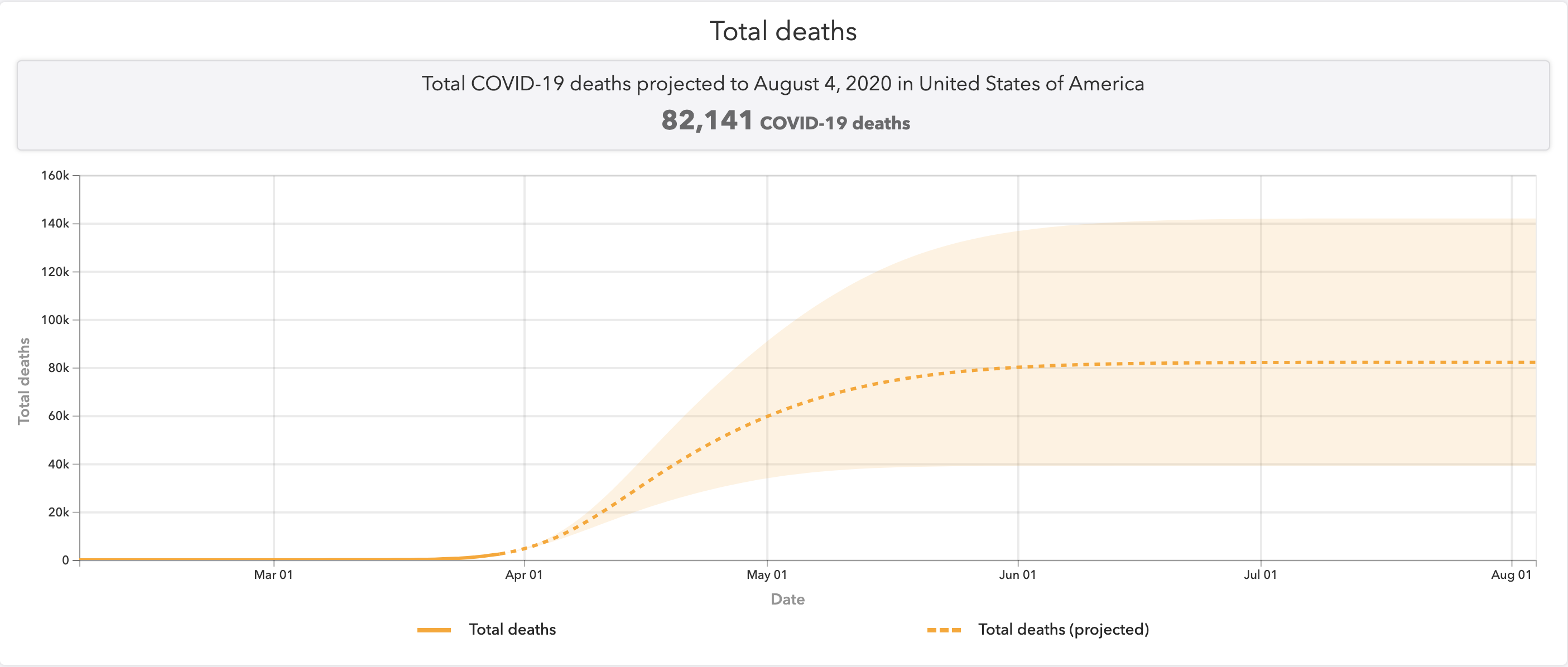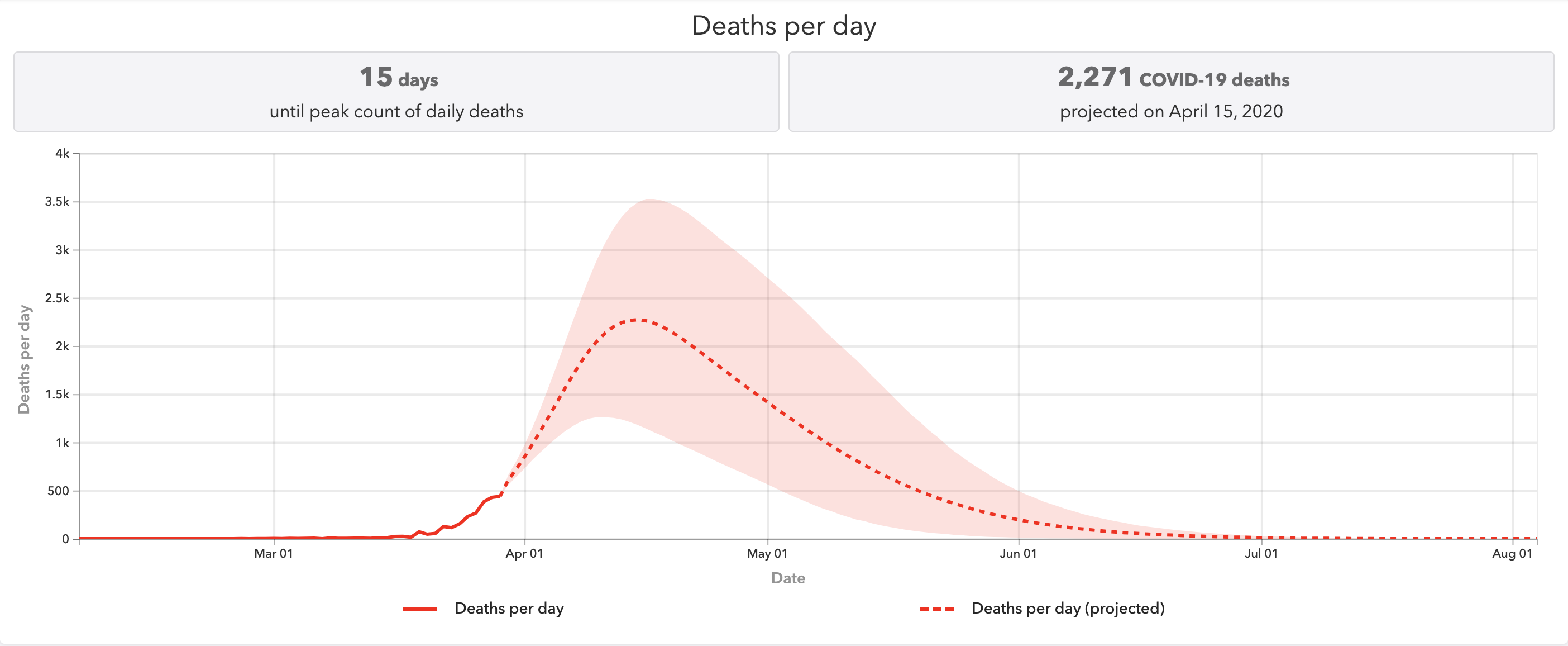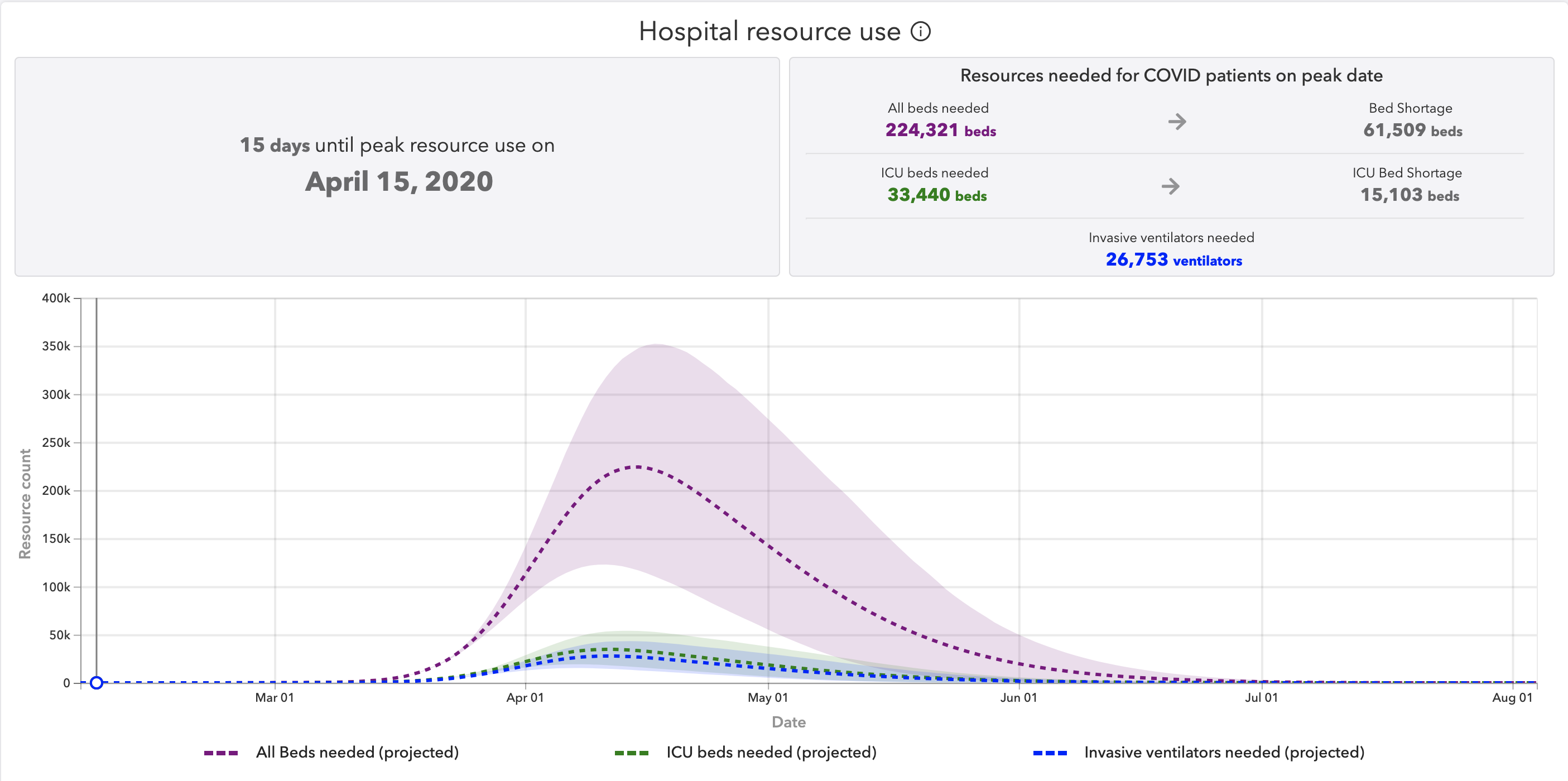
Published on March 31, 2020 / Leer en español
Four things you should know today
1) Trump administration extends federal social distancing guidelines
The Trump administration has issued new guidelines for social distancing and extended their duration until April 30. Apparently, the president changed his mind after a prolonged meeting with his public health advisors, who warned him that the total death toll could be as high as 200,000 in the United States, even with the imposition of additional social distancing guidelines. In general, however, federal leadership has been weak on this issue. This situation has forced state and local officials to step up, issuing their own state-level mandates and local ordinances. Which is perhaps as it should be, as state and local officials have better knowledge of local conditions, but it has complicated both the enforcement of and compliance with the new rules.
2) The surveillance state and state capacity
Raúl Santiago-Bartolomei, CNE Research Associate, has been analyzing the complex issue of how states increase their capacity to act in an emergency and the potential abuse of technology for unlawful state surveillance, a particularly timely topic for these times.
One of the essential measures to stop the COVID-19 outbreak is contact tracing to identify other individuals who have potentially been infected with the virus, in order to isolate or treat them and thus avoid the subsequent spread. In many countries, technology is being used to monitor and track the movement of infected people and their closest contacts, especially through the analysis of cell phone data. Although the use of mobile phone data for public health endeavors is not a new proposal, it is no less true that it raises serious questions about individual privacy and the abuse of the state’s power.
Although a state of emergency can facilitate a greater restriction of individual rights for a common good, in particular those related to free mobility, it should not serve as a carte blanche for the government to abuse a situation that is clearly exceptional. The use of information technology can facilitate a transition to a surveillance state. In fact, there are examples where the state, assisted by private companies, abuses its power, including episodes of discrimination and oppression when using computer technology under exceptional circumstances. Not falling into a surveillance state in the midst of this pandemic requires transparent governance, where accountability mechanisms are identified and criteria and results are disclosed when making decisions that involve the use of information technology.
This debate, however, should not be confused with stale concerns over “the size of the government.” Debates about “sizes of governments” have been more ideological and less empirical, and have led to the dismantling of public health systems that have been deprived of the ability to adequately address this pandemic, including Puerto Rico’s.
Japan, South Korea, Singapore, China, and the Scandinavian countries have the state capacity to learn, adapt, and respond quickly and effectively to the spread of COVID-19, precisely because they have maintained a well-funded and robust public health infrastructure.
Read more: Mobile Network Data for Public Health: Opportunities and Challenges – Frontiers in Public Health
3) University of Washington develops web-based app to monitor hospital capacity by state
The Institute for Health Metrics and Evaluation (“IHME”), affiliated with the University of Washington School of Medicine, has developed a web-based application that makes projections for the date of peak resource use in each state, including ICU beds and ventilators. The model also projects the deaths per day and total deaths related to COVID-19.
Projections for the United States
(Source: IHME)
The IHME also released a study describing its methodology and principal findings, which are summarized below:
- “Compared to licensed capacity and average annual occupancy rates, excess demand from COVID-19 at the peak of the pandemic in the second week of April is predicted to be 64,175 total beds and 17,309 ICU beds.
- At the peak of the pandemic, ventilator use is predicted to be 19,481.
- The date of peak excess demand by state varies from the second week of April through May.
- We estimate that there will be a total of 81,114 deaths from COVID-19 over the next 4 months in the US.
- Deaths from COVID-19 are estimated to drop below 10 deaths per day between May 31 and June 6.”
The full text of the study can be found here.
4) Universities have a crucial role in fighting the COVID-19 pandemic
As demonstrated in the prior paragraph, universities and research institutes have an important role to play in this world-wide fight—from developing epidemiological models to designing cheap and effective ventilators. We shouldn’t forget that Puerto Rico has an excellent engineering school in Mayaguez, and world-class researchers at the UPR School of Medicine and in the School of Public Health. In our view, these resources should be used intensively during the current crisis and any cuts to the University of Puerto Rico’s budget should be rescinded so it can function at full capacity during the crisis.
Quote of the Day
“If I can stop one Heart from breaking
I shall not live in vain
If I can ease one Life the Aching
Or cool one Pain.”—Emily Dickinson
This is the end of today’s briefing.
Stay safe and well informed!



